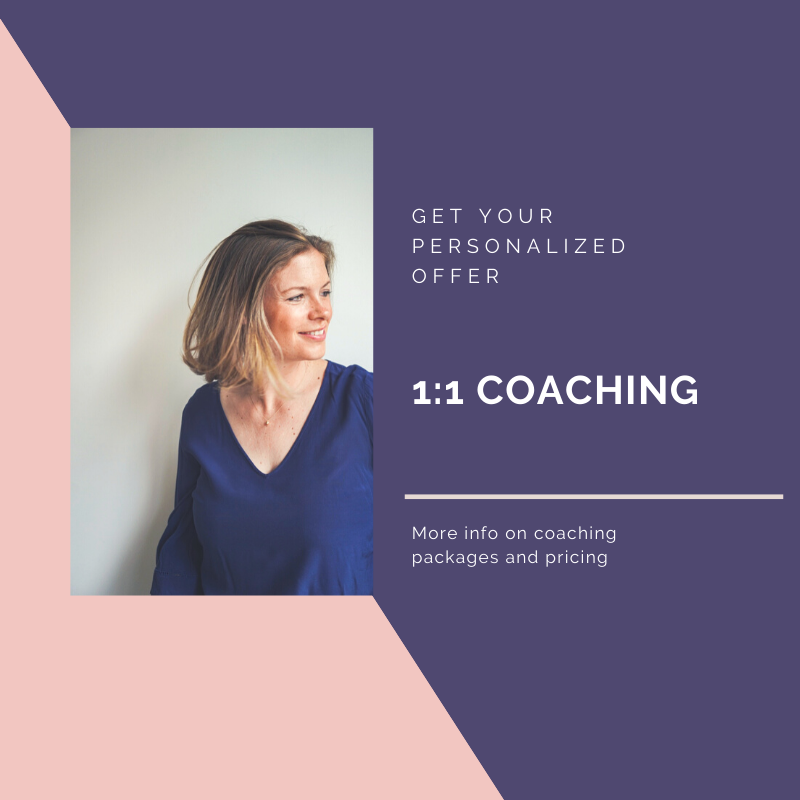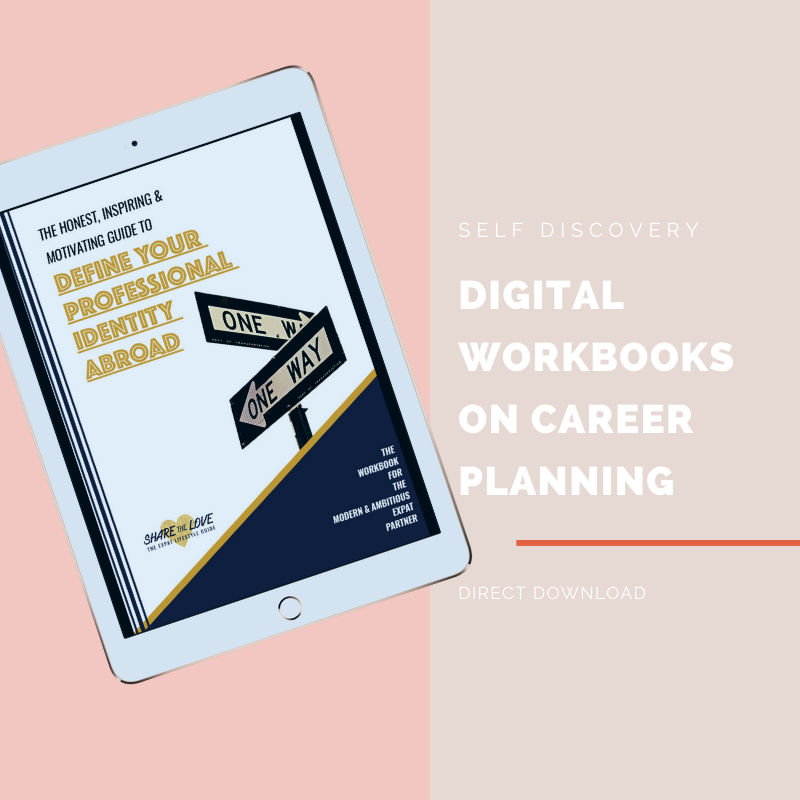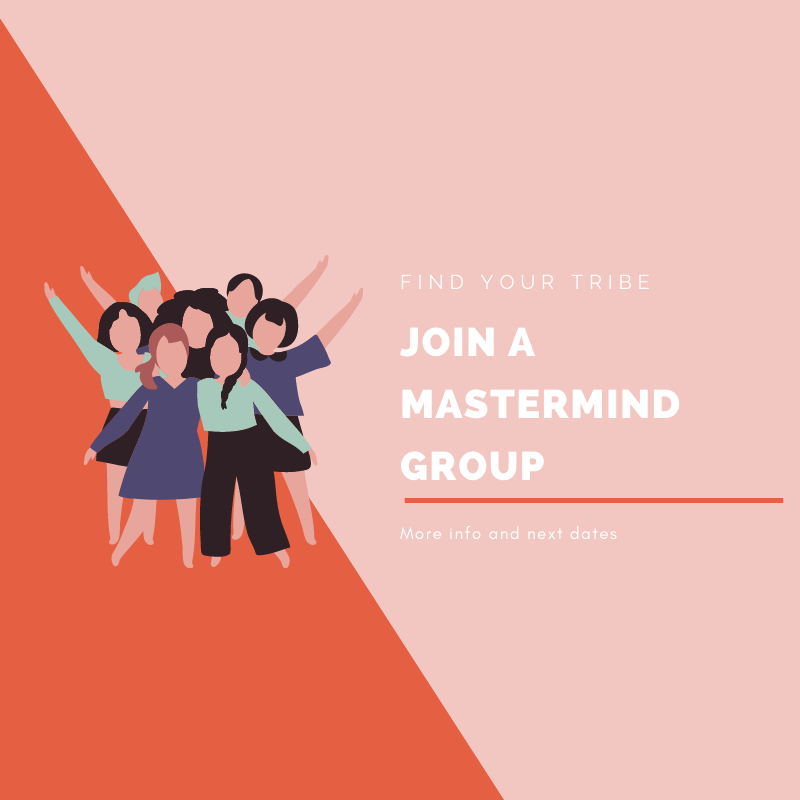
My Problem with Coaching
An open and honest clarification about the coaching profession and my attitude towards it.
About the Coach
Hi, I am Kate. Originally from Germany, I am a certified coach with focus on expat partner career support. I have worked and lived in the UK, Spain, Taiwan, and the US. I love my work as it connects me with amazing women around the globe and reminds me of the beauty of diversity. Welcome to this blog!
How to connect

An opinion piece
Even after 18 months of coaching training and after numerous coaching sessions with clients from all over the world, I still find the term „coaching“ very abstract. Yes, I even find it problematic in general language use because for many people the definition of coaching is not really intuitive. It is just hard to grasp and hard to explain as you need to experience coaching for yourself. It took my friends a long time to understand that this is now my profession and not a hobby or an occupation to get around the time until I go back to a permanent corporate job. When I remember my time before the training to become a coach I had nothing to do with coaching at all.
5 years ago I would not have been able to explain what coaching was and probably it had a negative connotation in my head.

The moment I almost sold myself short
Then three years ago I attended a seminar in the US. It covered the American job market. All you need to know on how to apply within the US. The people next to me aimed for a change in carreer, I myself was aiming to enter a foreign job market. I had travelled from Germany to the USA as an expat partner and initially had great difficulty coming to terms with the new situation. As much as I loved the country, the city, indeed the whole expat existence, I also missed my professional identity. I used to be very attached to my work and now I tried everything to continue it abroad. Despite all the adversities (Trump, delayed work permits, very competitive job market), I was convinced to continue my career path. But it didn’t really work out. Many interviews followed and also many disappointments, even human disappointments, and tears. You know you shouldn’t take it personally but at a certain point, you do. Applying is a roller coaster of emotions. You can be as serene as you want, but getting a rejection or not even getting a rejection always hurts and is rated as a failure. I remember an interview situation all too well. I had just had an emergency surgery and was not yet physically up to par. Nevertheless, I went because there were not so many possibilities. The interview was unpleasant from the start and not at eye level. The interview questions came at me like a machine gun. I was taken apart like in a medical check-up. The tone was rough and I knew that I did not want to work for this woman. Yet, after the interview I even thanked them for their time. This moment still feels like the biggest defeat in my life. I had sold myself short just to get a job that I was not interested in and I didn’t even get that job. That is tough. Fortunately, I never heard from that person again. Sometimes I wonder what would have happened if they hired me. I can only imagine how miserable I would be right now.

Let’s go back to the event three years ago. As said, it was about the American job market and as a side program element, you could talk to a coach for 10 minutes. I remember thinking that was a strange concept. What good would it do to me to talk to a complete stranger for 10 minutes about my situation? Just describing my current situation takes 10 minutes. What is the point? I was taught better. The coach set the timer for exactly 10 minutes. I briefly discussed my problem and the coach’s first question was „Why does it have to be the continuation of a linear career?“ This question, so simple, completely threw me for a loop. And I think that is exactly the difficult part of explaining what coaching is. You can only feel it.
For someone who is not in the situation, the question seems obvious, not something you should spend money on. Even your best friend would ask you that over a cup of coffee. But for me, this question changed everything. Because none of my friends would have asked me that! They all knew me too well and knew that, yes, Katharina would definitely like to continue her work. So they would have encouraged me and cheered me up or given me tips but not shown me an alternative. And even if they had, I would not have embraced it at that time. And this is where the coach comes in. He is neutral. He doesn’t know your past and he doesn’t have to know your complex situation to coach you. He opens your mental box. He tests which walls in the thought experiment are solid and which ones only seem to be solid from the outside. He invites you to challenges existing assumptions. This simple coaching question in a 10-minute coaching session gave me a completely new horizon. It was the trigger to think about what else existed besides the classic corporate career. As corny as it sounds, it empowered me.
"For someone who is not in the situation, the question seems obvious, not something you should spend money on. Even your best friend would ask you that over a cup of coffee."
Many of my clients feel the same way I did back then. The subject matter is often different. Some decide to start a further education, to take up a completely different profession, to consciously not take up a profession, or to continue exactly as before only with a strengthened focus and a gained self-knowledge about their own value.
Because the outcome is so different in terms of content, it makes coaching so difficult to grasp. And while I’m still not a fan of the term coach I do love what it does. My friends have started to notice that as well. They may not understand exactly what coaching is, but they see how enthusiastically I speak of my work and the respect I have for my clients.
What do you need to consider when choosing a coach?
The coaching market is somewhat obscure. It is still very young compared to many other professions and therefore largely unregulated. You don’t necessarily need an education to print a business card with the job title coach. This is not necessarily helpful when choosing a coach. Therefore, pay attention to these two things when choosing:
1. education: check where the coach has been educated. There are many institutes that train coaches on a weekend. There they learn some methodologies but it is hardly possible to build up a larger experience. More extensive training includes about 180 hours of training and offers greater security to evaluate the competence of a coach.
2. personal connection: Does the website appeal to you? The way of describing or naming things? I always recommend choosing a coach you feel comfortable with. If you are not an esoteric person yourself but the coach advertises it strongly it can be irritating. Most coaches offer the possibility of a personal meeting. This is an excellent way to get an idea about the person and the way of communication.
As you might have gathered from these lines, I’m not a fan of this market being so unregulated, nor am I a fan of coaching being so hard to communicate. Nevertheless, I am very convinced of the effectiveness of coaching. I experience it in myself when I am being coached and I experience it every week when I coach my clients. The moment when the client comes to a realization and suddenly possibilities arise where before only obstacles were seen is incredibly meaningful and motivating. Coaching has a great justification and with that it it also comes great responsibility and I can only appeal to colleagues to accept this responsibility and constantly educate themselves.
If you want to learn more about coaching just drop me a message (info@sharethelove.blog) or fill out this short form. Let’s have a complimentary meeting to see if coaching is right for you and if I am the right coach for you.









